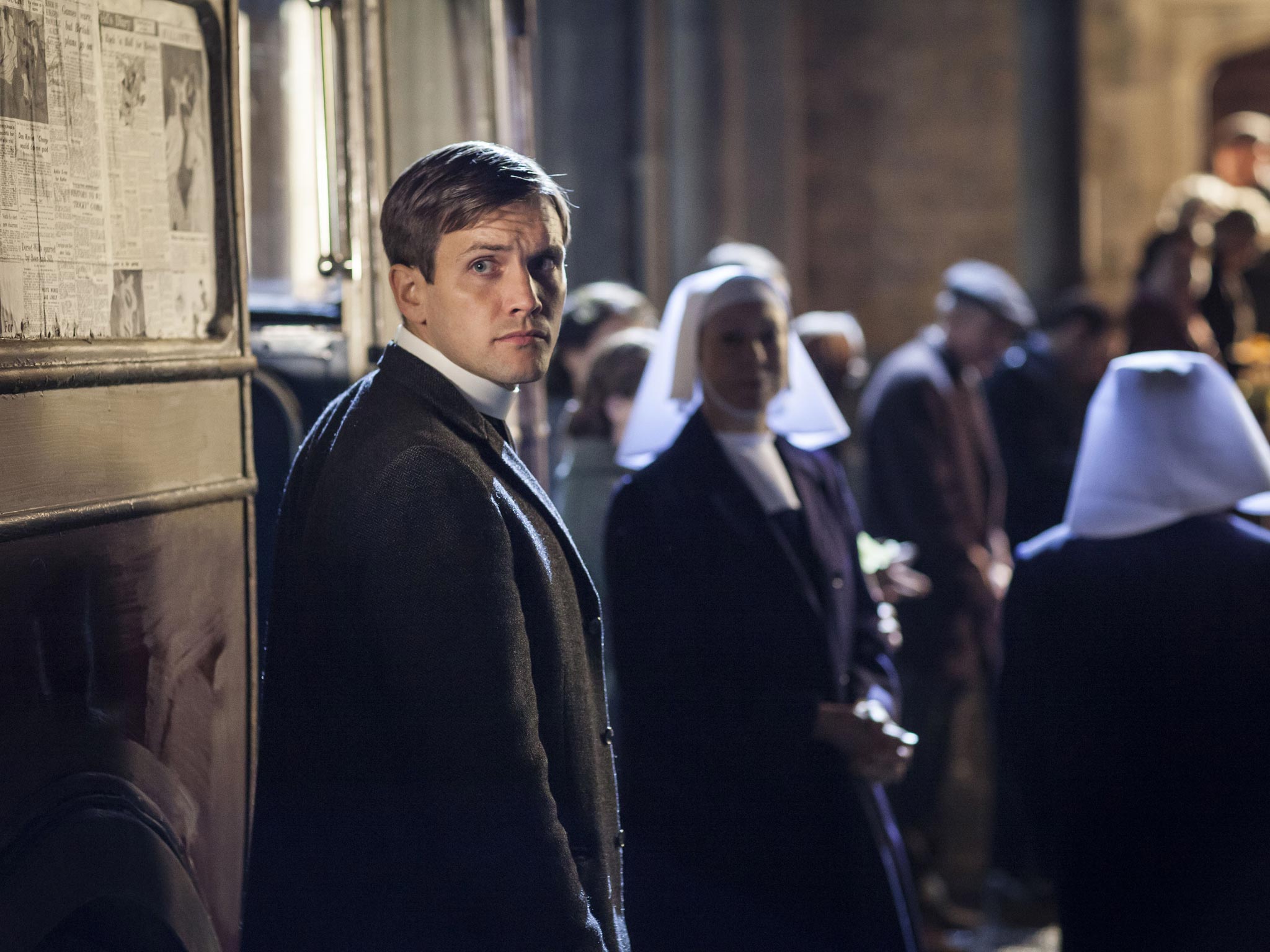A new generation of vicars: More young people are choosing a life of wing tips and clerical collars
The Church of England has seen a rise in the proportion of under-30s entering training. We speak to the clergy for the 21st century

When Reverend Charlotte Ballinger went to buy vestments recently, the 28-year-old caused confusion: "The man behind the counter asked me if they were for TV or theatre. It hadn't crossed his mind that a young woman buying vestments could be a priest." That puzzled shop assistant may find an increasing number of Charlottes cross the threshold in coming years, though.
The latest statistics from the Church of England, seen exclusively by The Independent, show that under-30s make up 23 per cent of those entering ministry – a 20 year high. While the numbers aren't huge -113 out of the 501 that began training in 2013 were twenty-somethings and late teens - there are proportionally more younger trainee vicars. The church attributes the rise to an online and offline push combined with a move away from the school of thought that ordinands shouldn't be fresh out of school or university.
"There's now greater clarity that young ordinands don't have to go away and get more life experience," says Liz Boughton, the national adviser for Young Vocations, created in 2006, a year when only 15 per cent of the intake fell into the under 30 age-bracket.
Each of the 43 dioceses has its own Young Vocations Champions, and a pilot Ministry Experience Scheme enables wannabe ordinands to experience life as a vicar for a year.
There's also the Call Waiting website, launched in 2008. It is aimed at 13- to 30-year-olds considering ordained ministry and is set for a smart-phone friendly revamp.
Then there's Step Forward, an annual day conference for those aged 18 to 30. It's organised by Cranmer Hall, the Anglican theological college in Durham, along with other northern church heads. The next one, on 1 March, is already fully booked.
On paper, it all sounds very healthy, and at odds with headlines focusing on a declining and increasingly elderly population in the pews and unfilled posts in some northern dioceses. But how do the students see it? Nathanael Poole, 21, is the youngest person on his course at Cranmer. His father is a vicar, but in his teens he swapped his dad's services for a progressive city-centre church in Wolverhampton that was part of the Fresh Expression movement, favouring non-traditional ways of presenting the Anglican message. "Think guitar-led rather than organ-led," he says.
He's optimistic about the Church of England's vision for the future: "They're realising it's not just there for quiche and sandwiches, and they're thinking about things in a 21st-century context."
Hannah Alderson, 27, a curate and mother based in Bridgwater, Somerset, uses Facebook to reach parishioners. "I've built relationships, particularly with young mums, who might not be regular churchgoers. They're never going to pick the phone up to the vicar, but they might send them a Facebook message," she says.
At St Mellitus College in west London, which prides itself on embracing the digital age, the number of ordinands under the age of 35 has risen from nine in 2011 to 29 in 2013. "All of my lecturers are on Twitter," says Liz Clutterbuck, 32, who is in her third year at St Mellitus. "There's a lot of good theological debate going on."
Clutterbuck is doing a placement at St George's Holborn, whose young congregation is due in part to its proximity to a number of universities. St George's is part of the Holy Trinity Brompton (HTB) family of churches. HTB, based in Kensington, west London, has a glamorous public image and has featured on Made in Chelsea. On Sundays, its four buildings attract about 4,500 members, mostly in their twenties and thirties.
For anyone used to this London scene, the story elsewhere can be a shock, as Clutterbuck found during the pre-training selection process, where she was the only woman under 40. She has since helped to run days in collaboration with Call Waiting to encourage more women into the fold. She's optimistic about future modernisation despite rulings against allowing women to become bishops and clergy to enter into same-sex marriages.
"I felt called to a church where I could be part of making change happen," she says. "Things are changing, and will change, it just takes patience."
Join our commenting forum
Join thought-provoking conversations, follow other Independent readers and see their replies
Comments